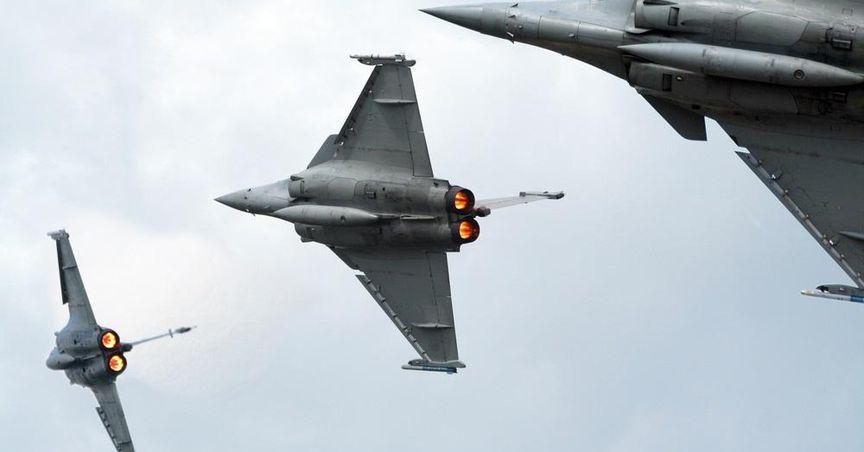Highlights:
General Dynamics Corporation operates in the aerospace and defense sector, focusing on military and commercial technologies.
Short interest in the company has declined, reflecting a shift in market sentiment.
Institutional activity and contract developments continue to shape the company's market position.
General Dynamics Corporation (NYSE:GD) operates in the aerospace and defense sector, specializing in military technology, shipbuilding, and business aviation. The company provides combat vehicles, submarines, and cybersecurity solutions, serving government and commercial clients. Its operations extend across multiple divisions, each contributing to its overall market presence.
The aerospace segment manufactures business jets, while the marine division builds nuclear-powered submarines for defense applications. The combat systems division focuses on land-based military technology, supporting various defense programs. With a global footprint, the company plays a role in national security and commercial aerospace markets.
Short Interest Trends
Short interest reflects the number of shares that have been sold short and not yet covered. A decrease in short interest signals a change in market positioning, as fewer participants maintain short positions against the stock. This shift can occur due to various factors, including contract announcements, financial performance, or broader industry trends.
Short interest movements in the aerospace and defense sector are often influenced by geopolitical developments and government defense budgets. Changes in procurement plans, funding allocations, and regulatory policies can impact sentiment, leading to fluctuations in short positions. Companies in this sector operate under multi-year contracts, which contribute to revenue stability and influence market activity.
Financial Developments
General Dynamics continues to generate revenue through defense contracts, aircraft sales, and cybersecurity services. The company's financial performance reflects its ability to manage production timelines, maintain efficiency, and meet contract obligations. Demand for military equipment and commercial aircraft contributes to revenue consistency, while operating costs remain a focus for sustained profitability.
Aerospace operations rely on fleet expansion and maintenance services, with business jet deliveries playing a key role in revenue generation. The defense segment benefits from multi-year agreements, ensuring a steady pipeline of projects. These elements contribute to the company’s financial structure, shaping market sentiment over time.
Market Performance
The company’s stock has moved within a defined range, influenced by contract awards, earnings reports, and broader market conditions. The aerospace and defense sector is subject to fluctuations based on government procurement cycles, defense budgets, and global security developments. Institutional investment activity also contributes to stock movements, as large financial institutions adjust their holdings.
Broader economic conditions, including supply chain challenges and material costs, impact production timelines. Companies in the sector navigate these challenges by securing long-term agreements and optimizing manufacturing efficiencies. Market performance reflects these operational adjustments and external economic influences.
Contract and Institutional Activity
General Dynamics continues to secure defense contracts, reinforcing its role in military procurement. Agreements with government agencies support the company’s order backlog, ensuring continued production across its business segments. These contracts contribute to revenue visibility, providing a foundation for long-term operations.
Institutional investors actively adjust their positions based on company performance and industry conditions. Changes in institutional holdings reflect ongoing evaluations of financial metrics and contract fulfillment. These investment movements influence trading patterns and broader sentiment within the aerospace and defense sector.
The combination of short interest trends, financial performance, market activity, and institutional investment plays a role in shaping the overall positioning of General Dynamics within the aerospace and defense sector. The company operates within a highly regulated industry, where contract cycles and geopolitical factors contribute to ongoing shifts in sentiment.



